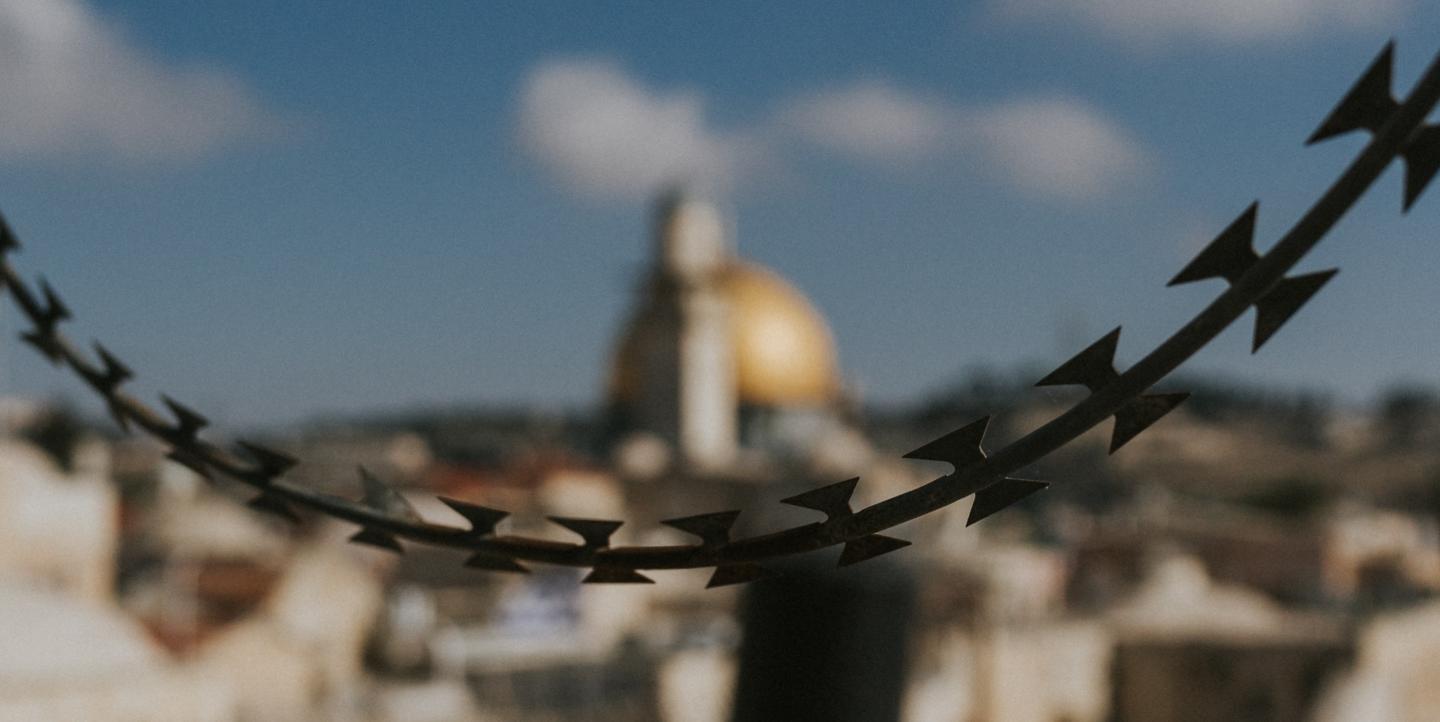The Arab and Middle Eastern Journalists Association (AMEJA) is issuing guidance to help newsrooms more accurately and critically cover issues related to Israel and Palestine.
This undertaking is in response to requests from industry reporters, editors and producers, many of whom are AMEJA members, for resources to better understand the historical context and nuance.
This guidance was created with input from member journalists across all types of media platforms and around the globe.
This is not an exhaustive list of guidelines and resources, and AMEJA expects these recommendations to evolve as events unfold.
AMEJA urges anyone covering this issue to:
- Remember the broader context of Palestinian-Israeli relations and how they tie into the events you’re currently covering. All reporting should take into consideration that Israel occupies Palestinian territory, and that Palestinians — whether they live in the West Bank, Gaza or inside Israel — are subject to an unjust and unequal system, as documented by international organizations like Human Rights Watch and the Israeli human rights organization B’Tselem.
- Avoid “both sides” framing. Recognize the power imbalance between Israel and the Palestinian people. This is not a conflict between states, but rather between Israel, which has one of the most advanced militaries in the world, and the Palestinians, who have no formal army.
[Read more: Conflict reporting: Tips from local journalists in Africa]
- Be precise in your reporting of casualties. Avoid reporting headlines or ledes such as, “More than 30 dead in Gaza and Israel as fighting quickly escalates,” if for instance you know that the majority of those killed were Palestinians in Gaza. Tell readers who was killed or injured, where and by whom, using active, rather than passive language.
- Do not call Gaza “Hamas-controlled.” It is sufficient to say “Gaza,” or “Gaza’s Health Ministry,” for example. While Hamas is the political party in power, Israel still controls Gaza’s boundaries and the movement of people and goods through an ongoing land, air and sea blockade, while Egypt controls the Rafah crossing. Israel is widely recognized as the occupying power by the international community.
- Replace “eviction” and “real-estate dispute” with “forced removal.” The terms “eviction” and “real-estate dispute” suggest a disagreement between a landlord and tenant, obscuring the Israeli government’s efforts to forcibly displace Jerusalem’s Palestinian population. In the case of the Sheikh Jarrah neighborhood and other occupied Palestinian territory, the United Nations has said forced removals would "violate Israel’s obligations under international law."
- Avoid the word “clashes” in favor of a more precise description. Think twice before describing confrontations between Palestinian protesters and heavily-armed Israeli police reflexively as “clashes.” Confrontations often begin with police dispersing demonstrations using tear gas and rubber bullets.
[Read more: Tips for coping after reporting distressing and traumatic stories]
- Double check “official” sources, whether from governments or the military. If no evidence is provided for a claim, tell that to your readers, high up in your story.
- Interview Palestinians. Your story is always incomplete without them. Former U.S. diplomats, Israeli military analysts and non-Palestinian Middle East commentators are not replacements for Palestinian voices.
- Be cognizant of how you’re identifying Palestinians. Do not use the identifiers “Arab-Israeli” or “Israeli-Arab,” unless requested by the individuals described. Instead use “Palestinian citizen of Israel” if that applies, or “Palestinian.” Also recognize Palestinians represent multiple faith backgrounds, including Muslim, Christian, Jewish, Samaritan, Baha’i and others. Ignoring this diversity perpetuates the misleading notion that the conflict is a religious one between Jews and Muslims rather than political in nature.
- Check in on your staffers of Arab and Middle Eastern descent, especially those who may be personally impacted by the situation. Be receptive to their feedback on your news organization’s coverage of the conflict without placing undue burdens on them. Recognize that their knowledge of the region and cultural fluency can be an asset to your organization's coverage.
This resource was originally produced by The Arab and Middle Eastern Journalists Association (AMEJA). It was republished on IJNet with permission. For more forthcoming resources to assist your reporting on issues related to Israel and Palestine, please visit the AMEJA website.
Main image CC-licensed by Unsplash via Cole Keister.

